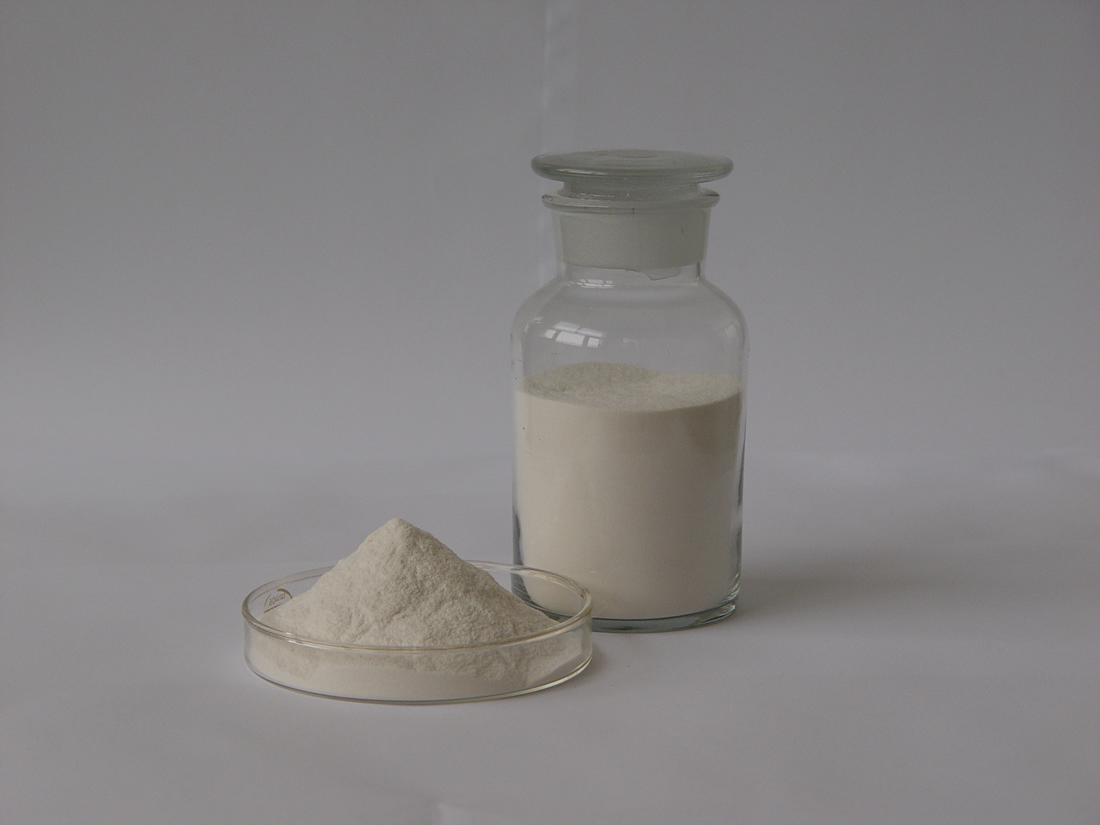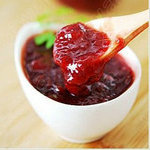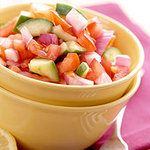
Propylene glycol alginate (PGA) is a new type of excellent food additive. It is made by deep processing of alginic acid extracted from natural seaweed. The appearance is white or light yellow powder. It is often used as a thickening, stabilizing and emulsifier for beverage products.
In addition to its thickening effect, propylene glycol alginate has the amphiphilic structure of surfactants, as well as emulsifying ability and foam stability, and has a stabilizing effect on oily colloids. ; Because this product is a non-ionic compound, it is also very stable to some metal ions and will not solidify and precipitate.
Product properties:
White or slightly yellowish-white fibrous powder or coarse powder, almost odorless and tasteless. It is soluble in water and dilute organic acid solution, but insoluble in methanol, ethanol, benzene and other organic solvents, but the partially esterified product can be dissolved in ethanol solution with a content of less than 60%. Its pH value is 3-4 (1% aqueous solution), it is easy to absorb moisture, it turns brown when heated to 55 °C, carbonization occurs at 220 °C, and ashing occurs at 400 °C. Its relative density is 1.46. It neither gels nor precipitates in the acidic solution of pH3-4. It has the ability to resist salting out, and is stable to other metal ions except copper, chromium, iron (trivalent), lead, barium and other ions that are unstable.
Application:




As a thickening, stabilizing and emulsifier, it is used in yogurt, ice cream, etc. The product has a smooth surface, no unevenness, and a mellow taste.
As a stabilizer and emulsifier, it is used in dairy products such as cheese, and the product has good puffing and emulsification effects and a comfortable taste.
Used as a foam stabilizer for beer, the product foam is white and fine, and it lasts for a long time.
As acid resistance, emulsifying and dispersing agent, it is used in various fruit juice drinks. The product has no precipitation, no stratification, and stable oil components.
As an improver, it is used in flour, noodles and convenience foods.
In addition, it can also be used in ketchup, meat sauce, soy sauce, emulsified essence, syrup, sugar coating, etc.
(The above part of the content is taken from 360 Encyclopedia, if there is any infringement, it will be deleted immediately)
Production License Number:
SC12237110211629
Product Implementation Standards:
GB 1886.226-2016 food additive PGA | |
Project | Index |
Color | white or yellowish powder |
DE w/% ≥ | 40.0 |
Insoluble ash w/% ≤ | 1.0 |
loss on drying w/% ≤ | 20.0 |
As mg/kg ≤ | 2.0 |
Pb mg/kg ≤ | 5.0 |
E 405 PGA | |
Project | Index |
Color | White or yellowish powder |
Loss on drying % ≤ | 20 |
Total 1, 2-propanediol w/% | 15-45 |
Free 1, 2-propanediol w/% ≤ | 15 |
Water-insoluble % ≤ | 2 |
Formaldehyde mg/kg ≤ | 50 |
As mg/kg ≤ | 3 |
Pb mg/kg ≤ | 5 |
Hg mg/kg ≤ | 1 |
Cd mg/kg ≤ | 1 |
Total plate count cfu/g ≤ | 5000 |
Mold and yeast cfu/g ≤ | 500 |
Escherichia coli | Negative in 5 gram |
Salmonella | Negative in 10 gram |
packing specifications:
polywoven Bag, 25 kg / bag.
